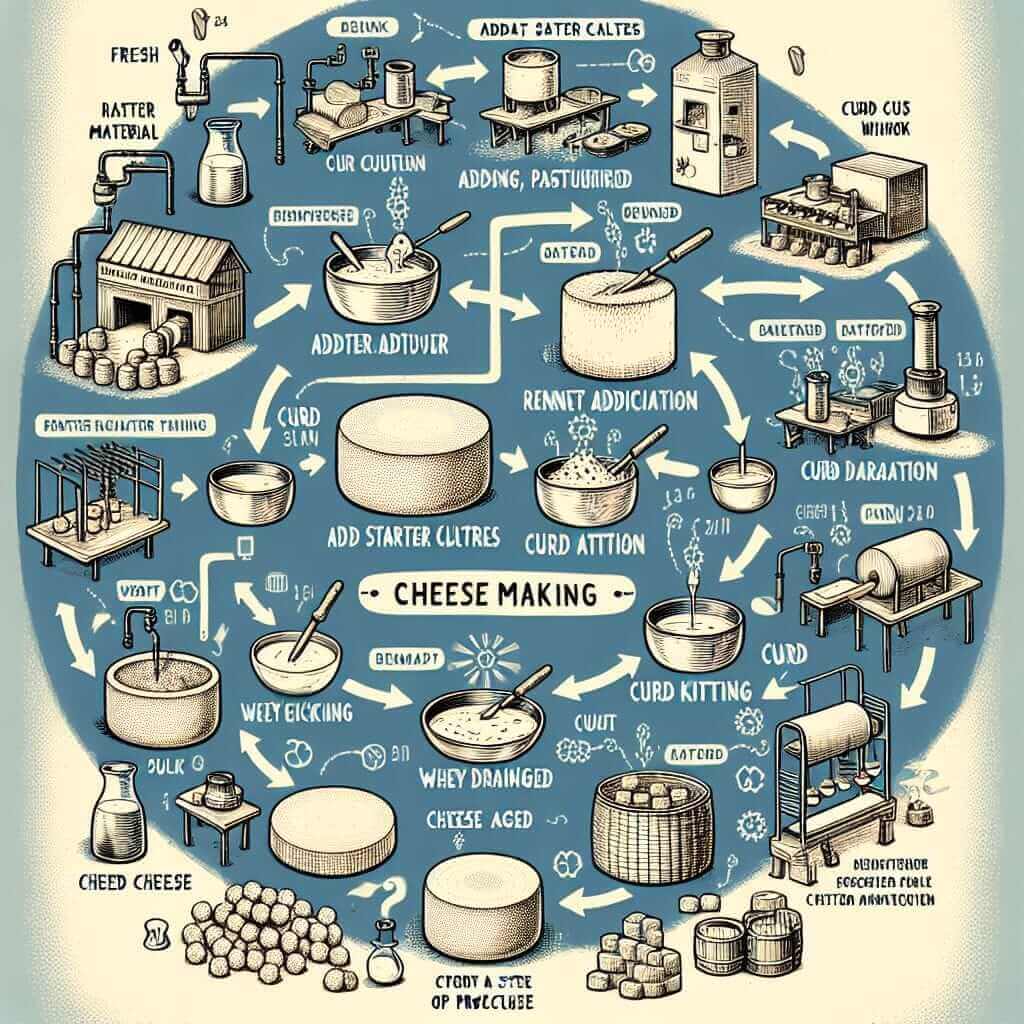As an IELTS instructor with over 20 years of experience, I’ve guided countless students toward achieving their desired IELTS scores. One question I frequently encounter is: “How do I write a process essay for IELTS Writing Task 1?” Understanding this essay type is crucial, as it can appear in both the Academic and General Training IELTS exams. This guide will break down the process, providing you with a clear roadmap to crafting a high-scoring process essay.
Nội dung bài viết
Understanding the IELTS Process Essay
In the IELTS Writing Task 1, you might be asked to describe a process illustrated in a diagram. This diagram could represent anything from the life cycle of a butterfly to the manufacturing process of a product. Your task is to describe this process clearly and accurately, using appropriate vocabulary and grammar.
Steps to Writing a Stellar Process Essay
1. Analyze the Diagram
Before you start writing, take a few minutes to thoroughly examine the diagram. Identify the starting and ending points of the process. Note down the key stages and any materials or equipment used.
2. Structure Your Essay
A well-structured essay is easy to follow and comprehend. For a process essay, adhere to this structure:
Introduction:
- Paraphrase the question or the diagram’s title.
- Briefly state the purpose of the process.
Body Paragraphs:
- Paragraph 1: Describe the first stage(s) of the process, using sequencing words like “Firstly,” “To begin with,” and “Initially.”
- Paragraph 2: Detail the subsequent stages, using transition words like “Next,” “Subsequently,” and “Following this.”
- Paragraph 3 (if needed): Explain any remaining steps, ensuring a logical flow of information.
Conclusion:
- Summarize the entire process succinctly.
- You may include a concluding remark about the process’s outcome.
3. Use Accurate and Varied Vocabulary
Using precise vocabulary is key to a successful IELTS essay. Incorporate words related to:
- Sequence: Firstly, Secondly, Next, Subsequently, Following this, Finally
- Transformation: Convert, Transform, Change, Develop, Become
- Movement: Transfer, Transport, Move, Convey
- Cause and Effect: As a result of, Consequently, This leads to
Example:
Instead of writing “The water is heated,” write “The water is heated to a boil,” or “The water undergoes a heating process until it reaches its boiling point.”
4. Maintain a Formal Tone
Remember, IELTS writing requires a formal tone. Avoid contractions (like “don’t” or “can’t”) and informal language.
Illustrative Example from IELTS
Let’s consider a sample IELTS task:
The diagram below shows the process of making cheese.
Summarize the information by selecting and reporting the main features, and make comparisons where relevant.
 Cheese Making Process
Cheese Making Process
Sample Answer:
The diagram illustrates the process by which cheese is manufactured. Overall, the procedure involves several stages, beginning with the pasteurization of milk and culminating in the packaging of the final product.
Initially, fresh cow’s milk is pasteurized to eliminate harmful bacteria. Next, starter cultures are added to the milk, which is then heated to a specific temperature. This encourages the formation of curds, the solid components of cheese.
Following this, the curds are separated from the liquid whey and transferred to molds. The molded cheese is then pressed to remove any remaining whey and to give it its desired shape. Salt is added for flavor and as a preservative.
Finally, the cheese undergoes a ripening period in a controlled environment. This allows the flavors to develop fully, resulting in a product ready for packaging and consumption.
Tips for a High-Scoring Process Essay
- Practice Makes Perfect: Regularly practice writing process essays using sample IELTS questions and diagrams.
- Seek Feedback: Have your essays reviewed by an experienced IELTS tutor or teacher to identify areas for improvement.
- Time Management: Allocate your time wisely during the exam. Aim to complete Task 1 within 20 minutes to allow sufficient time for Task 2.
By following this guide and practicing regularly, you can confidently tackle the IELTS process essay and boost your chances of achieving your target score. Good luck!


